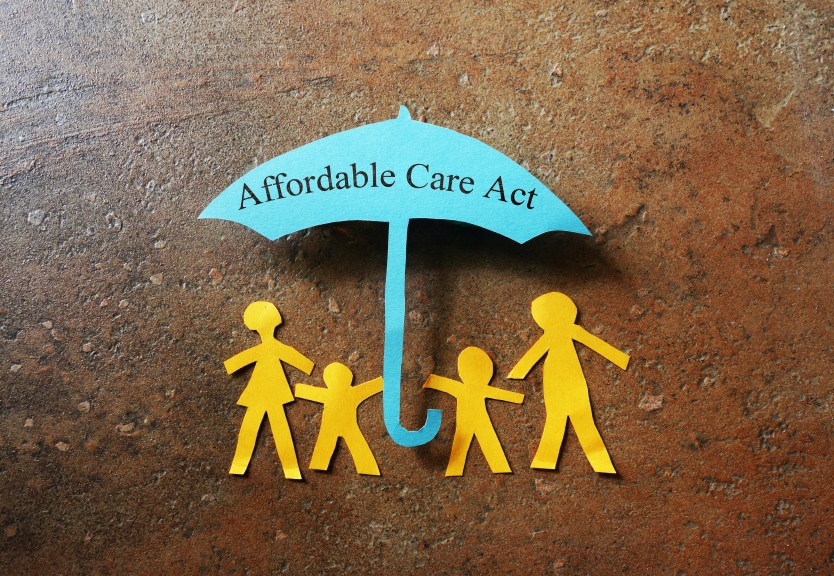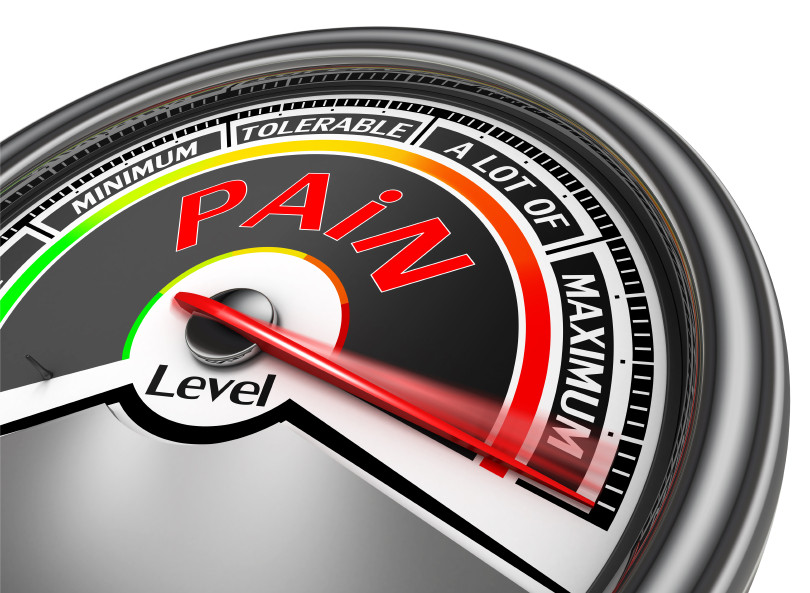
Respiratory health harms often follow flooding: Taking these steps can help

Tips to leverage neuroplasticity to maintain cognitive fitness as you age

Can white noise really help you sleep better?

Celiac disease: Exploring four myths

What is prostatitis and how is it treated?

What is Cushing syndrome?

Exercises to relieve joint pain

Think your child has ADHD? What your pediatrician can do

Foam roller: Could you benefit from this massage tool?

Stepping up activity if winter slowed you down
Harvard Health Blog
Read posts from experts at Harvard Health Publishing covering a variety of health topics and perspectives on medical news.
Articles
Anti-depressants for teens: A second look
Many parents of teens with depression worry that antidepressants could cause an increase in suicidal thoughts or behaviors. Previous research had suggested antidepressants are safe for teens. But recently, researchers have re-examined the original data and found antidepressants may not be as safe for teens as once thought. As always, whether to start an antidepressant depends heavily on your teen’s personal situation.
How is the Affordable Care Act doing?
A recent summary paper published in The New England Journal of Medicine outlines where the Affordable Care Act (ACA) has succeeded and where it has fallen short. Although health care is now more accessible and affordable than before, many still lack coverage, and the available plans have some drawbacks. Rather than expanding insurance coverage, it will take a culture shift in how we provide care to truly improve the health of our nation.
Taking new aim at cancer
Last year, only months after announcing that he had an aggressive form of melanoma, former President Carter declared that he was cancer free — thanks at least in part to a recently approved immunotherapy drug. Immunotherapy is a type of targeted therapy that helps boost the body’s own immune response to cancer. It does so while sparing healthy cells, thus minimizing side effects.
Teens and medicines that cause birth defects: Do doctors drop the ball?
Doctors may prescribe medicines for teenage girls — for example for acne, depression, or migraines — that are known to cause birth defects. While most parents and doctors hope that these young women avoid pregnancy for many reasons, adults need to help adolescent girls understand the risks of the medications they take and have frank conversations about sex and birth control.
Retail health clinics: The pros and cons
Retail health clinics are popping up everywhere, from drugstores and supermarkets to large retailers like Target and Walmart. Staffed by nurse practitioners or physician assistants, retail health clinics can be a great option, particularly if you’re younger and in generally good health. These clinics list their prices up-front and tend to be cheaper than a doctor’s visit. They’re convenient too: usually open extended hours, with no need for an appointment.
Where is best for birth: Hospital or home?
By the mid-20th century, most births took place in the hospital. But increasingly, some women are choosing to have their babies at home in an effort to avoid seemingly unnecessary interventions and find an alternative to hospital environments. We don’t have the best data to assess the safety of home birth. But a recent analysis offers insights that can help women make choices based on what they value the most.
Guns and your health
Many people choose to own guns for sport or protection. But from a physician’s standpoint, guns create as many — or more — problems than they solve. Several studies have found that guns injure or kill far more people, often unintentionally, than they’re intended to protect.
What happens when you faint?
About 1 in 3 people report at least one episode of fainting during their lifetime, so it’s surprising that we don’t see people fainting more often. Fainting is usually harmless, the body’s response to emotional or physical stress. But in some cases, fainting can indicate an underlying problem such as heart abnormalities or seizures. And even when the cause of fainting is not that serious, fainting that leads to a fall can cause injury.
C-section rates: Consider this when deciding where to have your baby
For years, there has been concern about the high rate of cesarean births — but just how many cesareans are too many? A recent study suggests that a cesarean rate of 19% is about right. The reasons for high cesarean rates may be related more to each hospital’s circumstances and processes than to other, more commonly cited reasons. If you’re concerned, find out the C-section rate at the hospital where you plan to deliver your baby.
Can your coffee habit help you live longer?
Coffee is nearly a national obsession in the United States. For years, experts have debated whether drinking coffee is good for you. Recently published research suggests that regular, moderate coffee consumption is associated with a lower risk of overall mortality, and that heavy consumption of coffee isn’t linked with a greater risk of death.
The truth about altruism
Many people believe that the human tendency to want to act for the greater good is rooted in kindness. But research suggests that altruism may have evolved alongside the impulse to condemn and even chasten those put self-interests first.
Four new recommendations for adolescent health
Each year, the American Academy of Pediatrics updates it recommendations for well-child visits. The latest version emphasizes screening adolescents for high cholesterol, drug and alcohol abuse, depression, and HIV. Many families may feel that their children don’t need these “checks,” but when it comes to the health and well-being of children, it’s always better to be safe than sorry.

Respiratory health harms often follow flooding: Taking these steps can help

Tips to leverage neuroplasticity to maintain cognitive fitness as you age

Can white noise really help you sleep better?

Celiac disease: Exploring four myths

What is prostatitis and how is it treated?

What is Cushing syndrome?

Exercises to relieve joint pain

Think your child has ADHD? What your pediatrician can do

Foam roller: Could you benefit from this massage tool?

Stepping up activity if winter slowed you down
Free Healthbeat Signup
Get the latest in health news delivered to your inbox!
Sign Up

























